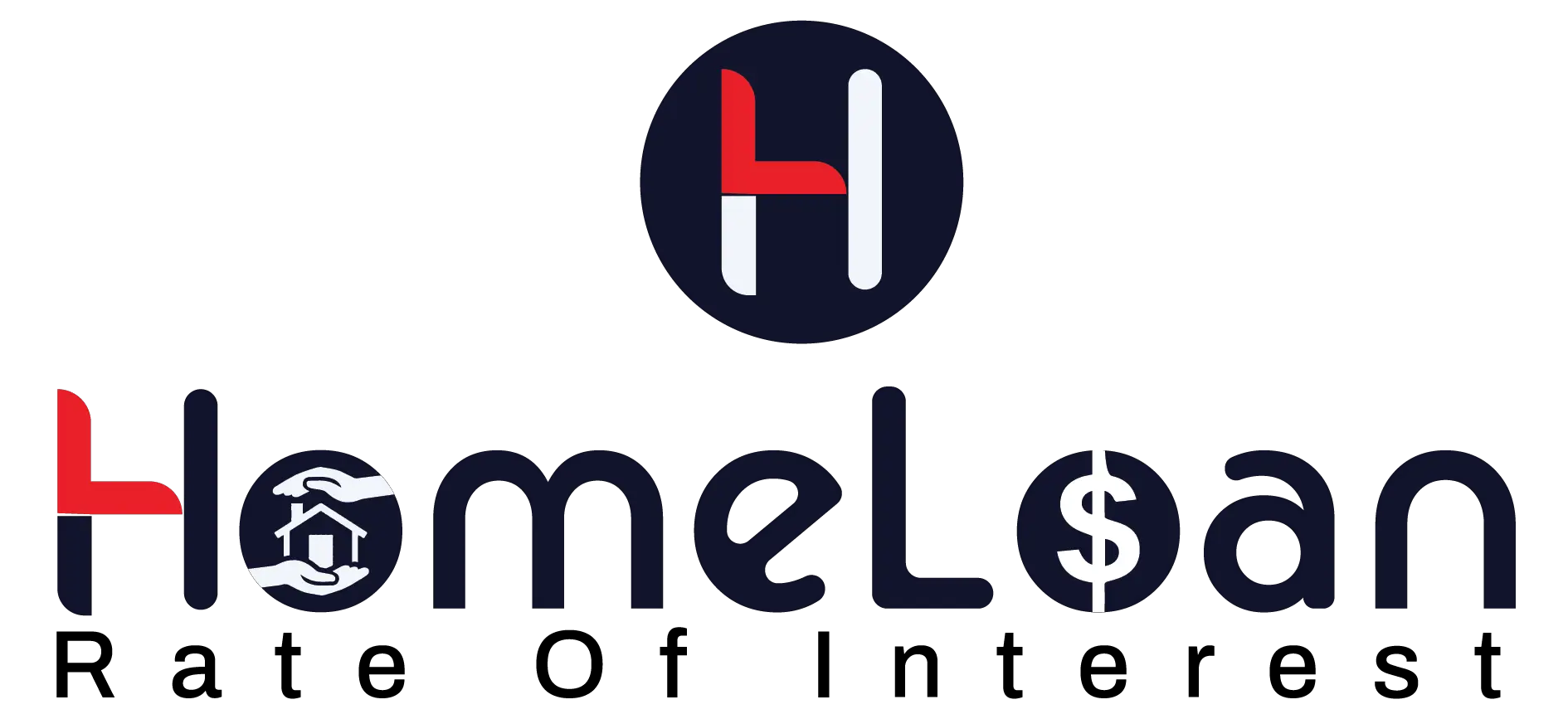
FAQs
What are the different types of home loans available for home buyers?
As a home buyer, you have the access and flexibility to choose from a variety of home loan types like conventional loans, FHA loans, VA loans, and USDA loans.
How can I improve my chances of getting approved for a home loan with a low credit score?
How do I qualify for a home loan?
What factors do lenders consider when approving a home loan application?
What is the minimum credit score required to obtain a home loan?
Can I use a home loan to buy a second home or investment property?
How much down payment is typically required for a home loan?
Can I get a home loan with a low or no down payment?
Yes, certainly! Loan programs such as FHA loans, VA loans, and USDA loans allow you to get a home loan with low or no down payment options helping you achieve your dream home goals.
What are the differences between fixed-rate and adjustable-rate home loans?
How long does it take to get approved for a home loan?
Can I refinance my home loan to get a better interest rate?
What is mortgage insurance, and is it required for all home loans?
How do my employment history and income affect my chances of getting a home loan?
Can I transfer my existing home loan to another property if I decide to move?
What is the difference between pre-qualification and pre-approval for a home loan?
Can I refinance any type of loan?
Refinancing is commonly associated with mortgage loans, but it can also apply to other types of loans such as auto loans, personal loans, or student loans. Refinancing a particular loan depends on the lender's policies, your financial situation, and the specific terms of the loan agreement.
What are the potential benefits of refinancing a mortgage?
When is the right time to refinance a mortgage?
Can I refinance if I have a low credit score?
Can I refinance if I recently changed jobs or experienced a decrease in income?
How long does the refinancing process typically take?
Can I refinance if I have a second mortgage or home equity loan?
Yes, it is possible to refinance if you have a second mortgage or home equity loan. The process can be more complex, as the new refinanced loan will need to consider the existing liens on the property. The lender will coordinate with the holders of the second mortgage or home equity loan to determine how the refinancing will impact those loans.
Can I refinance if I have negative equity (underwater mortgage)?
Will refinancing affect my credit score?
Can I refinance multiple times?
What can I use home equity for?
Home equity gives homeowners opportunities to deal with different financial needs. They can choose from a home equity loan or a home equity line of credit to leverage their home improvements. It is advisable to carefully understand the potential risks and benefits before tapping into home equity.
What factors affect my home equity?
Can I use home equity to buy a second property?
Can I build home equity without owning a home?
Unfortunately, it is not possible as home equity is specifically tied to homeownership. It represents the ownership stake you have in your property. If you are renting or do not own a home, it will be implied that you do not have home equity. However, you can work on building investment equity, or other assets that appreciate in value over time.
Can I use home equity for investment purposes?
Is the interest on a home equity loan tax-deductible?
Do I still own my home with a reverse mortgage?
Yes, you preserve the ownership of your home with a reverse mortgage. Here, the lender places a lien on the property to secure the loan but fortunately, you remain the homeowner as long as you meet the requirements of the loan, such as living in the home as your primary residence, maintaining the property, and paying property taxes and insurance.
When does a reverse mortgage become due and payable?
Can I get a reverse mortgage on a second home or investment property?
Will I still be responsible for property taxes and insurance with a reverse mortgage?
Yes, you are completely responsible for paying property taxes, homeowners insurance, and maintaining the property even if you have a reverse mortgage. If you happen to fail, these obligations could result in defaulting on the loan, which may lead to foreclosure.
How does a reverse mortgage affect my estate and inheritance?
What can I use a home improvement loan for?
Home improvement loans can be used for a wide range of your projects, like remodeling a kitchen or bathroom, adding an extension or a new room, upgrading the HVAC system, installing solar panels, or making general repairs and renovations to improve the overall look and feel of your home.
What are the different types of home improvement loans available?
Can I use a home improvement loan for DIY projects?
How do I qualify for a home improvement loan?
How long does it take to get approved for a home improvement loan?
The approval process varies depending on the lender and the loan type. Some lenders offer quick pre-approval decisions within a few minutes or hours, while others may take a few days to review your application and provide approval or denial. It's advisable to gather all necessary documentation and submit a complete application to expedite the process.

